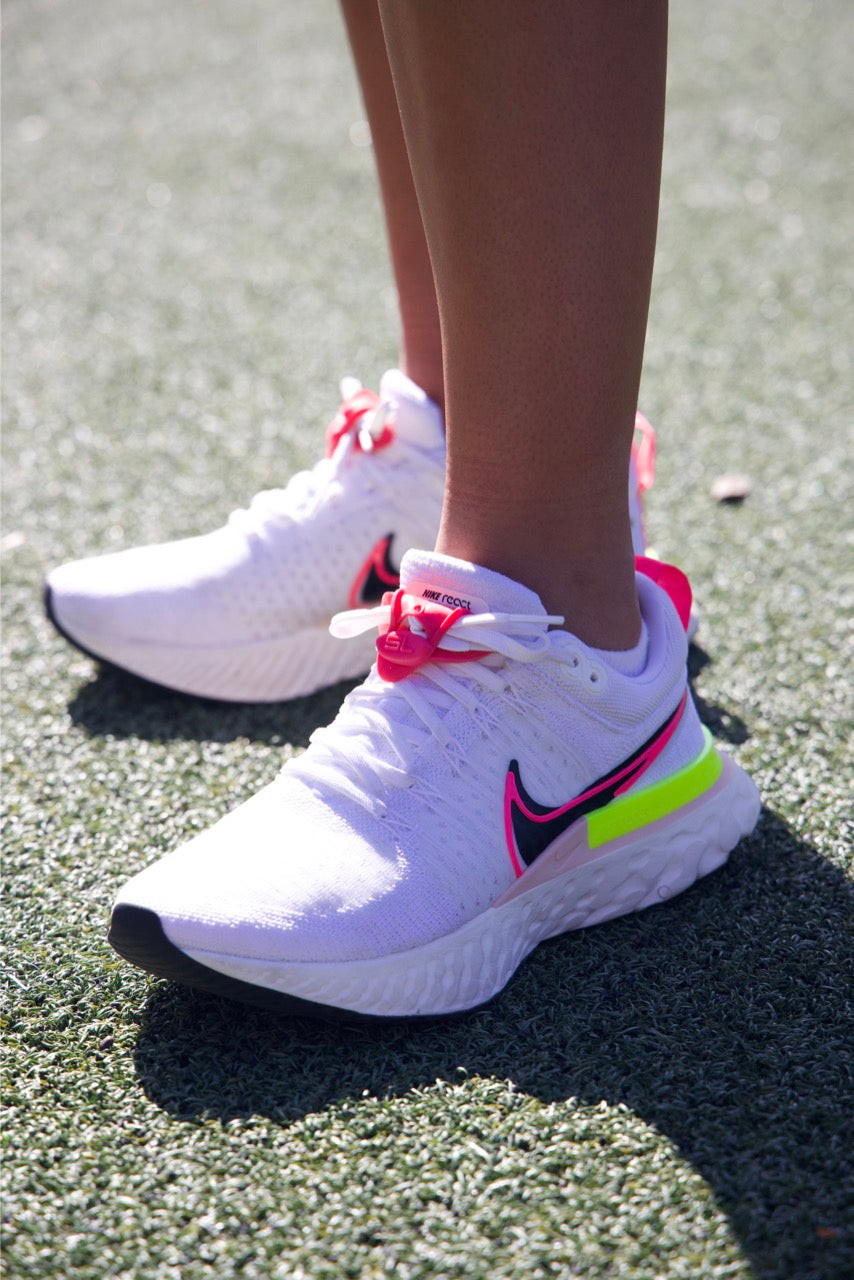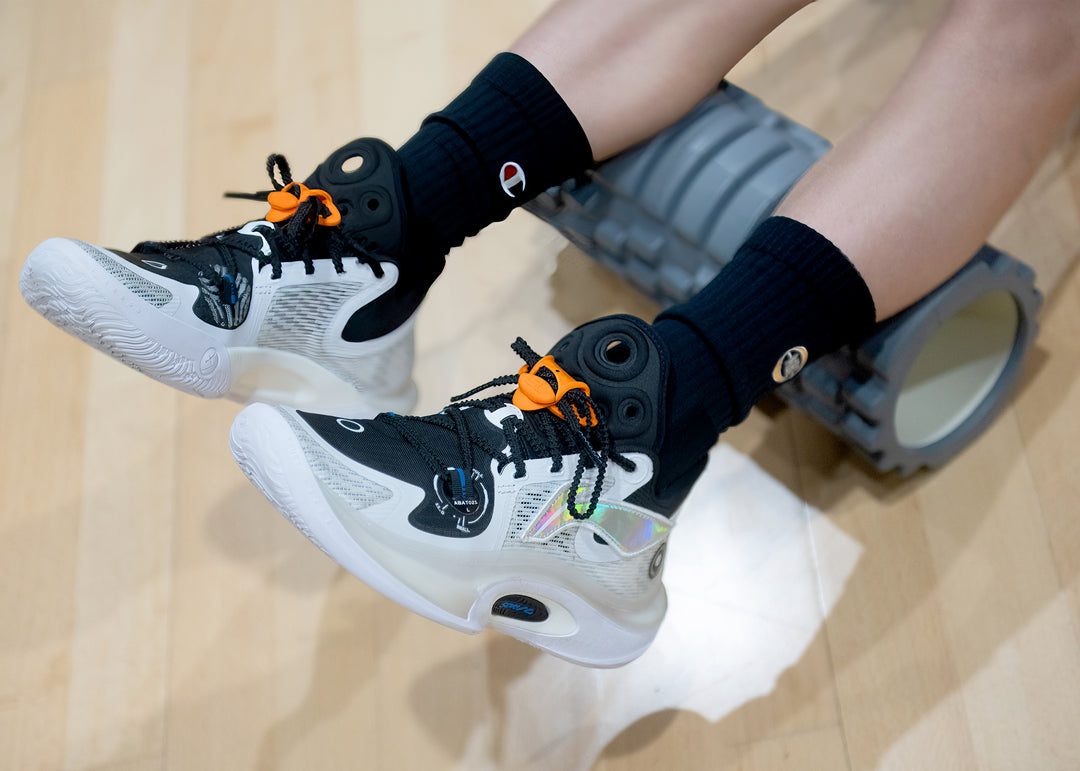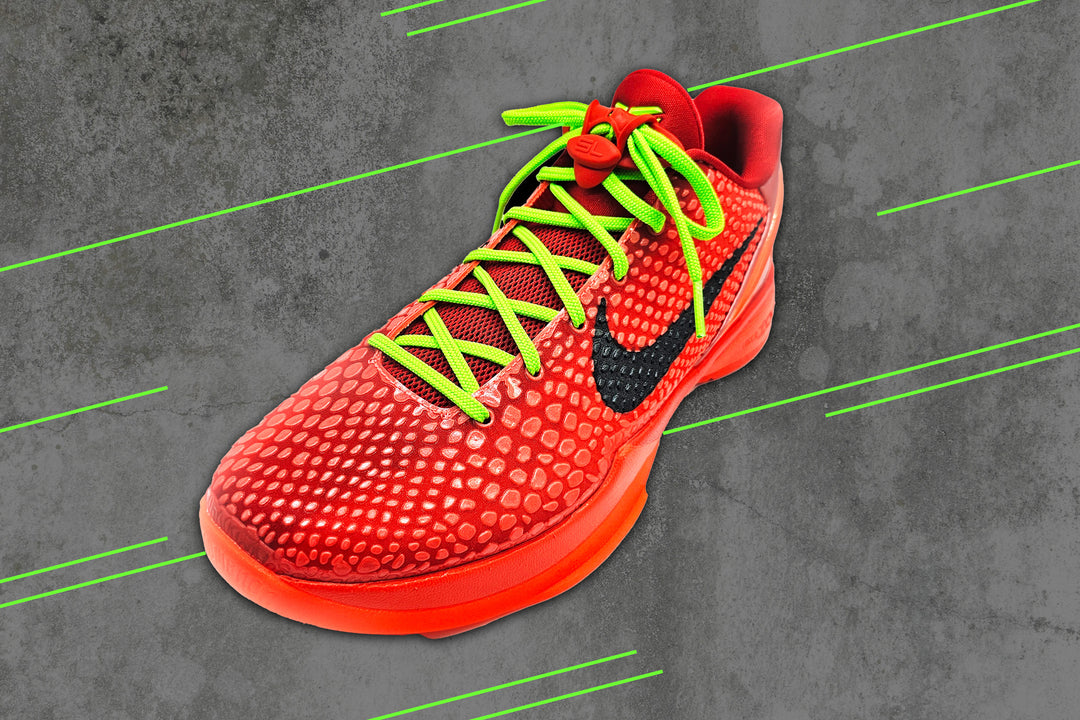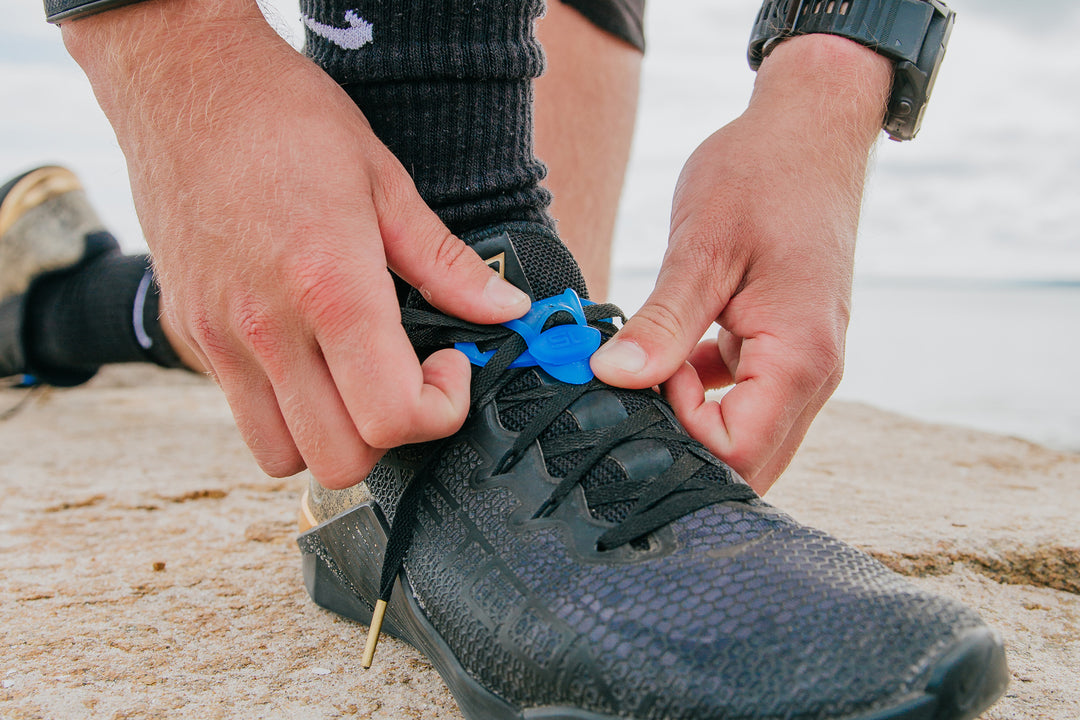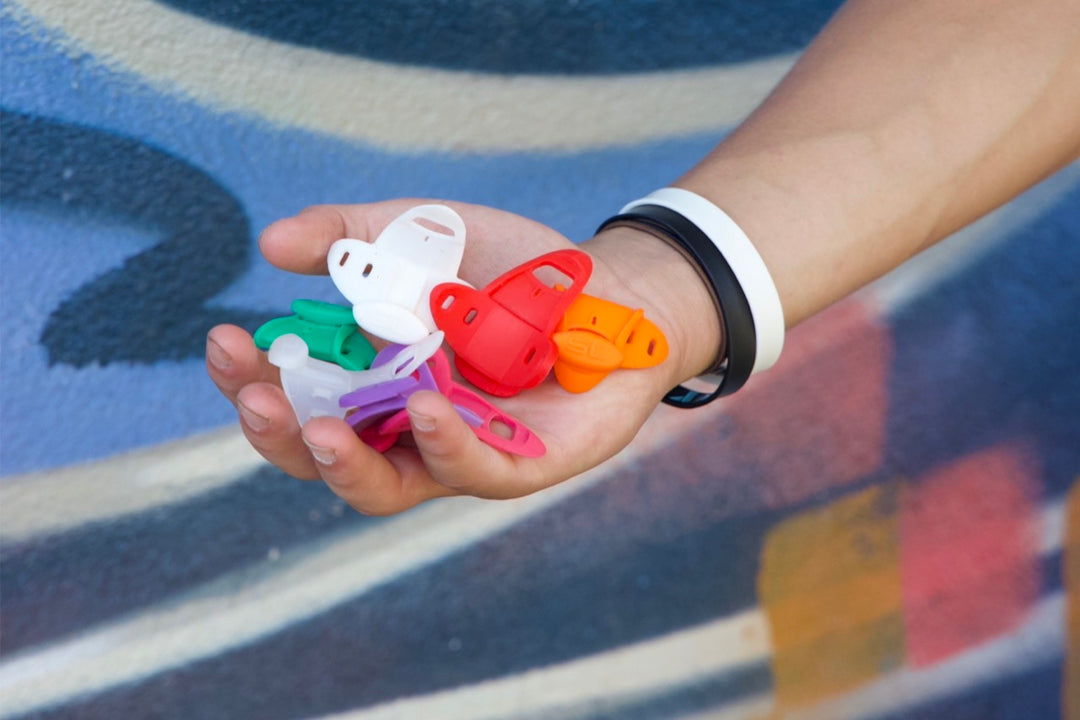RUNNING ADVICE FOR BEGINNERS
Everyone out there running was a beginner at some point. When I first started running 4 years ago, I couldn’t run 200 metres without stopping. It takes time, determination and commitment to keep giving it a go. Like everything, the more you do it, the easier it will become.
Slowly and little by little, you will build up your distance, fitness and ability to run further. As long as you keep putting one foot in front of the other and don't give up, it will happen!
Making the decision to take on a new challenge is usually the hardest part. I’m not saying that it will be easy, but I promise you it will be worth it. Sometimes, having a program to follow gives you direction and helps to keep you motivated. We are so lucky these days to be able to find these online. You might find it helpful to have them on my phone or even print it off and put it on your fridge. Tick each day off as you go. It’s a great feeling of achievement every time you add a tick. Even tick the rest days as they are really important too. When you begin running, your body will take time to get used to the new demands you are putting on it. This is often when most new runners give up. It will take your body about 4 to 6 weeks to acclimate to the new demands. Hang in there, you will get past the effects that beginning running is having on your body and start to feel stronger!
HERE'S SOME USEFUL ADVICE TO GET YOU STARTED:
- If you have a friend that you can run with, you might like to start the running journey together. A training partner will give you support and the motivation to keep going and be able to hold you accountable. If you don’t, well that’s fine too, mental will power can easily get you through.
- Always make sure you do a bit of a walk at the start and the end of your run. It is important to warm up and an excellent cool down at the end. Walking at the end will help to reduce the lactic acid build up that gives you stiff legs.
- Learn to stretch. It is important to do a couple of leg stretches before you head out the door and very important afterwards too. When you need to run again a few days later, you want your muscles to recover well and stretching will help with this.
- Increase your distance very gradually. Don't go out and try to run 200 metres day 1 and try to run 3 km's the next day. Never increase your distance too quickly or you risk injury. Follow a good program that will help increase your distance in small increments.
- Become a water drinker. Keeping hydrated will help you to exercise better. Especially the days before running. Take a drink bottle everywhere you go.
- Don’t skip rest days. They are really, really important for your body. When we rest our body repairs itself.
- DON’T EVER WORRY ABOUT HOW FAST YOU GO. Just worry about covering the distance, it doesn’t matter how long it takes to get there. Remember, 3 Km’s is 3 Km’s whether it takes you 20 mins or an hour.
- Stick to flat ground to start with. One challenge at a time. You can take on hills later.
- Until you have built up the running fitness, it will be as much a mental battle as a physical one. You will learn to ignore that little voice inside your head telling you to stop. Break the run down into little sections. Look ahead and pick a landmark; get to that and then find another one. Also, think of the finish line and how rewarding it will be to have achieved.
- Take deep breathes when you run especially when you are starting to tire. It helps to get extra oxygen to your muscles.
- Over time, breathing while running will become easier. This does take time, so don’t expect too much of yourself too soon.
- Try to incorporate some strength training into your schedule as well as the cardio training you get from running. It’s assists to help build your running strength and help prevent injuries.
- Get yourself a really good pair of running shoes. If you are going to run, it is important to have good quality shoes and best to get fitted correctly to help you prevent injury.
- Listen to your body. If you're feeling something other than regular running related muscle soreness, don't run. Running through the pain is not a good idea. If you get pain in your shin, hip, IT band or any other area, ice it, elevate it, and rest. When you no longer feel any pain, ease back into your running again.
- Most importantly, remember why you started and what you want to achieve. You’ve got this!


